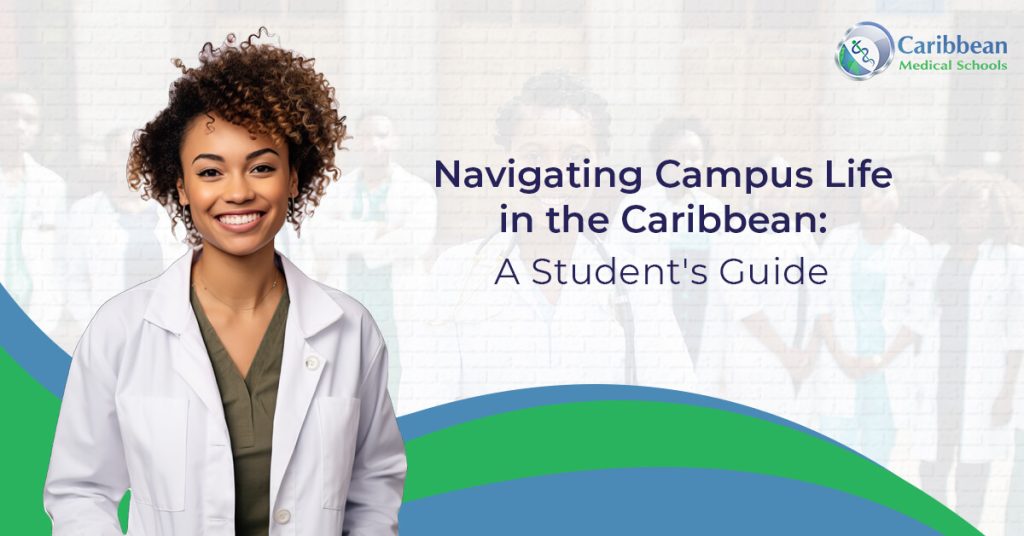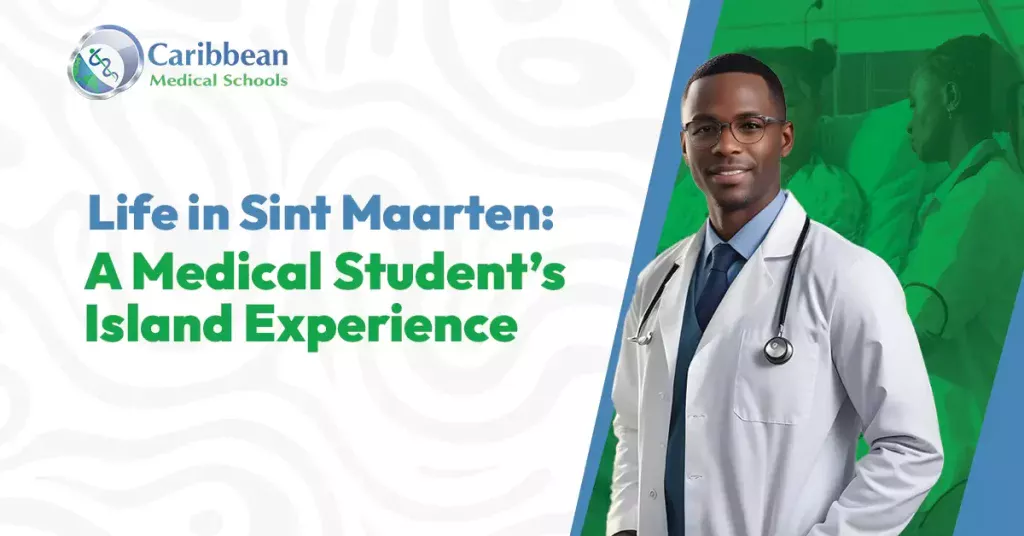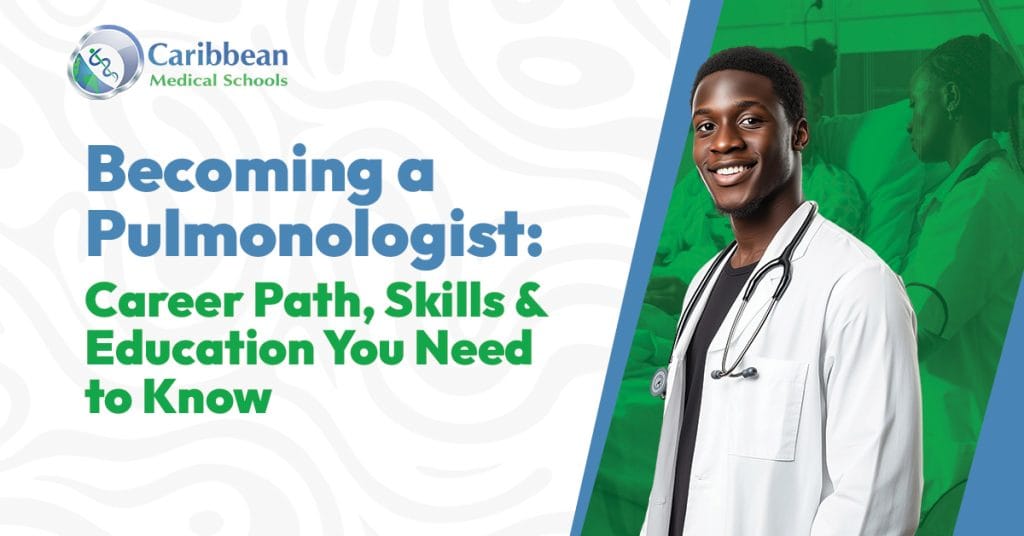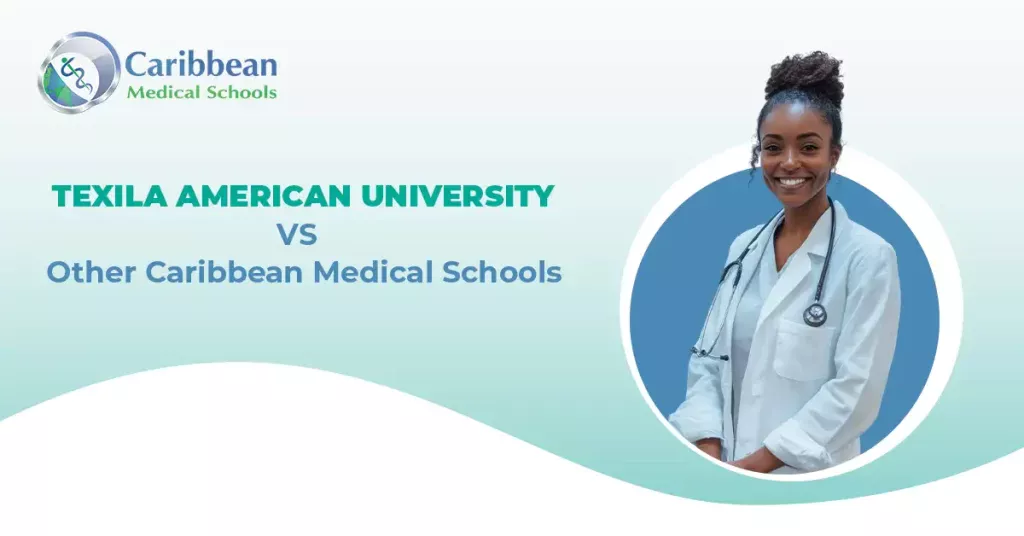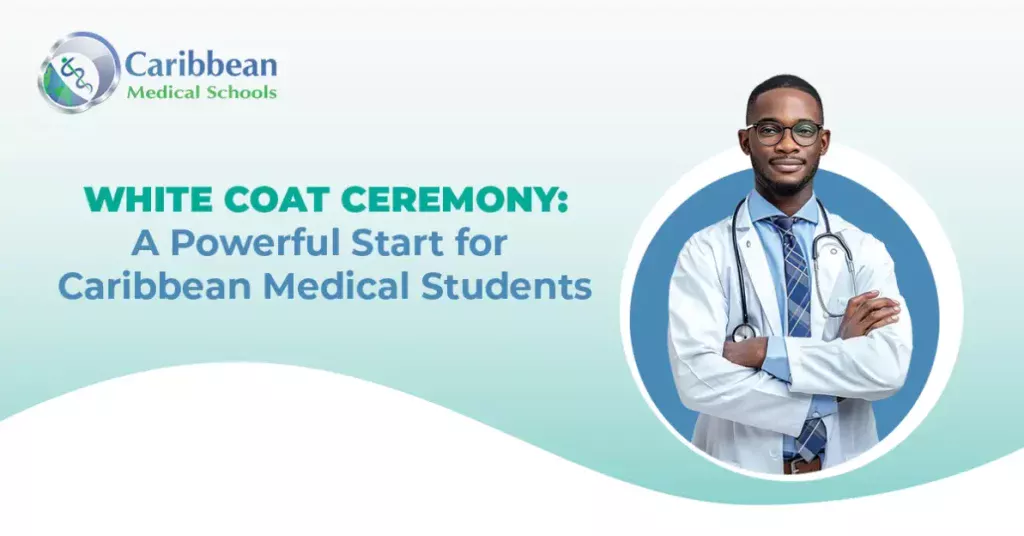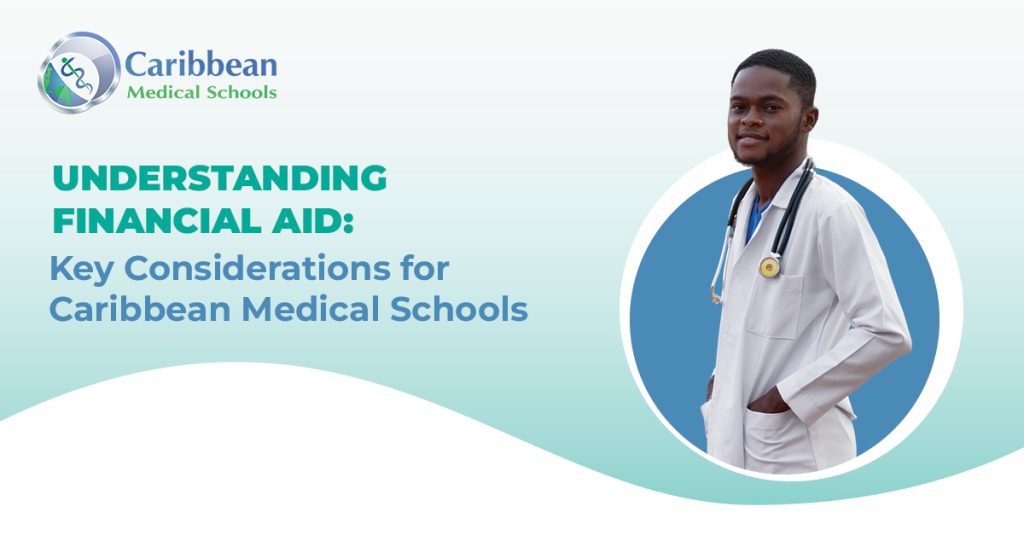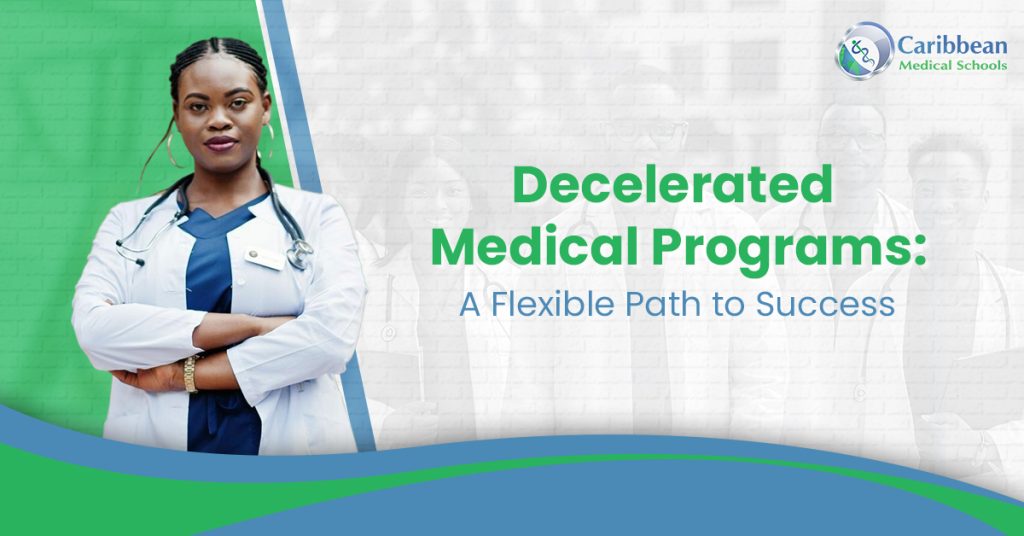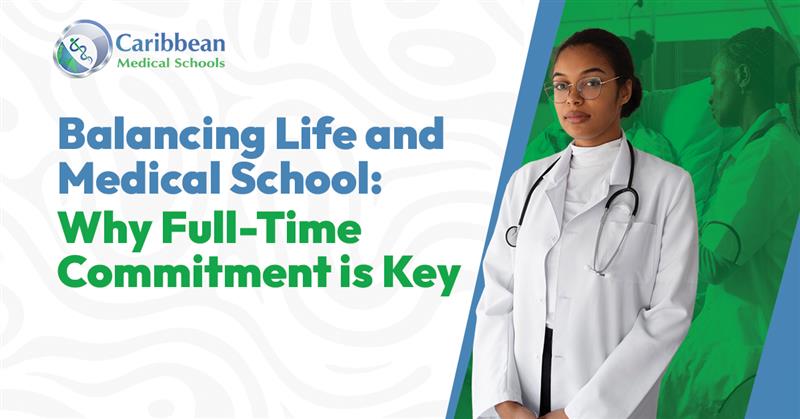Blog Summary
Delves into the vibrant and distinct experiences of studying in the Caribbean. This guide encompasses critical aspects of campus life, including housing options, island cuisine, cultural festivities, and the breathtaking natural scenery. It underscores the advantages of intimate class sizes, personalized mentorship from faculty, and a diverse student body. Moreover, the blog provides practical advice for effectively acclimating to the tropical climate, embracing local traditions, and budgeting. With this all-encompassing guide, students can fully immerse themselves in their Caribbean education and savour a rewarding campus life.
Table of Contents
Introduction
Studying at a Caribbean medical university is an adventure that goes beyond the classroom. From the vibrant campus life to the picturesque surroundings, living in the Caribbean can significantly enhance your medical school experience. This guide aims to help you navigate and enjoy every aspect of campus life while pursuing your medical degree.
Choosing the Right Caribbean Medical School
Research and Accreditation: Before you pack your bags, choosing the best med school in the Caribbean that aligns with your educational and professional aspirations is crucial. Look for accredited institutions recognized by international medical bodies to ensure your degree will be globally accepted.
Program Offerings: Consider the specific programs and specializations each medical school offers. The best medical schools in the Caribbean often provide diverse and comprehensive curriculums to prepare you for various medical fields.
Student Support Services: Opt for schools that offer robust student support services, including academic advising, mental health counselling, and career guidance. These services can significantly enhance your educational journey and personal well-being.
Campus Life and Culture
Diverse Community: Caribbean medical schools attract students worldwide, weaving an eclectic tapestry of cultures and perspectives. This diversity creates a distinctive learning environment where you can form lifelong friendships and professional connections.
Cultural Festivals: Immerse yourself in local traditions and celebrations. Engaging in cultural festivals and events can deepen your understanding of the island’s heritage and help you feel more at home.
Accommodation Options
On-Campus Housing: Many medical schools in the Caribbean offer on-campus housing options. These dormitories or apartments are often close to academic buildings and provide a convenient living.
Off-Campus Housing: If you prefer more independence, consider off-campus housing. Look for safe, affordable options near the campus. Connecting with current students can help you find reliable housing recommendations.
Living with Roommates: Sharing an apartment with roommates can be a cost-effective and socially enriching experience. Roommates can become study partners and friends, making your time in the Caribbean more enjoyable.
Balancing Academics and Social Life
Time Management: Balancing your academic responsibilities with social activities is vital to a fulfilling campus life. Develop a schedule that allocates time for studying, attending classes, and relaxing with friends.
Study Groups: Joining or forming study groups can enhance your learning experience. Collaborative study sessions can provide different perspectives on complex topics and help reinforce your understanding.
Relaxation and Recreation: Take breaks and enjoy the beautiful surroundings. Regular relaxation, whether a stroll along the beach or a trek through the hills, is vital for maintaining mental and physical health.
Navigating Local Transportation
Public Transport: Familiarize yourself with the local transportation system. Buses and taxis are standard modes of transport in many Caribbean islands and can be a reliable way to get around.
Car Rentals: For more flexibility, consider renting a car. This option can be handy for exploring the island or living off-campus.
Biking and Walking: In smaller islands or towns, biking and walking can be practical and enjoyable commute methods. They also offer great opportunities for exercise and exploring your surroundings.
Health and Safety on Campus
Health Services: Most Caribbean medical universities have on-campus health services. Familiarize yourself with these resources and know how to access medical care when needed.
Safety Measures: Stay informed about campus safety protocols. Ensure your belongings are safe, refrain from walking alone at night, and follow the university’s guidelines to ensure your safety.
Emergency Contacts: Maintain a list of contacts, including local emergency services, campus security, and your country’s embassy. Being prepared ensures peace of mind.
Extracurricular Activities and Clubs
Student Organizations: Engage with organizations and clubs that align with your interests. These groups foster a sense of community and offer valuable extracurricular experiences.
Sports and Fitness: Join sports teams or fitness clubs to stay active.
Volunteering: Participate in volunteer opportunities to give back to the local community. Volunteering can also provide practical experience and enhance your resume.
Exploring the Island
Local Attractions: Explore the island’s natural beauty and attractions. Visit beaches, national parks, and historical sites to appreciate your temporary home fully.
Cuisine and Dining: Try local cuisine and discover new favourite dishes. Dining out can also be a social activity that helps you connect with fellow students and locals.
Outdoor Activities: Engage in outdoor activities like snorkelling, hiking, and sailing. The Caribbean boasts a wealth of natural wonders that promise unforgettable experiences.
Managing Finances
Budgeting: Maintaining a budget to manage your finances effectively. Track your expenses and prioritize essential costs like tuition, housing, and groceries.
Part-Time Jobs: Look for part-time job opportunities on or near campus. Working can help offset expenses and provide valuable work experience.
Conclusion
Living on campus at a Caribbean medical university is a unique and rewarding experience. From diverse cultural interactions to stunning natural surroundings, studying in the Caribbean offers an enriching environment beyond academics. You can make the most of your time in the Caribbean by choosing the right school, balancing your responsibilities, and immersing yourself in the local culture.
FAQ
Are Caribbean medical universities accredited?
Many Caribbean medical universities are accredited by international accrediting bodies, ensuring they meet high educational standards.
What are the accommodation options for students ?
Students can choose between on-campus housing, off-campus housing, and shared apartments with roommates.
How can I balance academics and social life?
Effective time management, joining study groups, and taking regular breaks for relaxation and recreation can help balance academics and social life.
eIs it safe to study in the Caribbean?
Yes, Caribbean medical schools have safety measures in place. Staying informed about local safety protocols and using common sense can ensure a safe experience.
What are the benefits of studying at a Caribbean medical university?
Benefits include diverse cultural interactions, smaller classes, extensive clinical experience, and a supportive learning environment.

